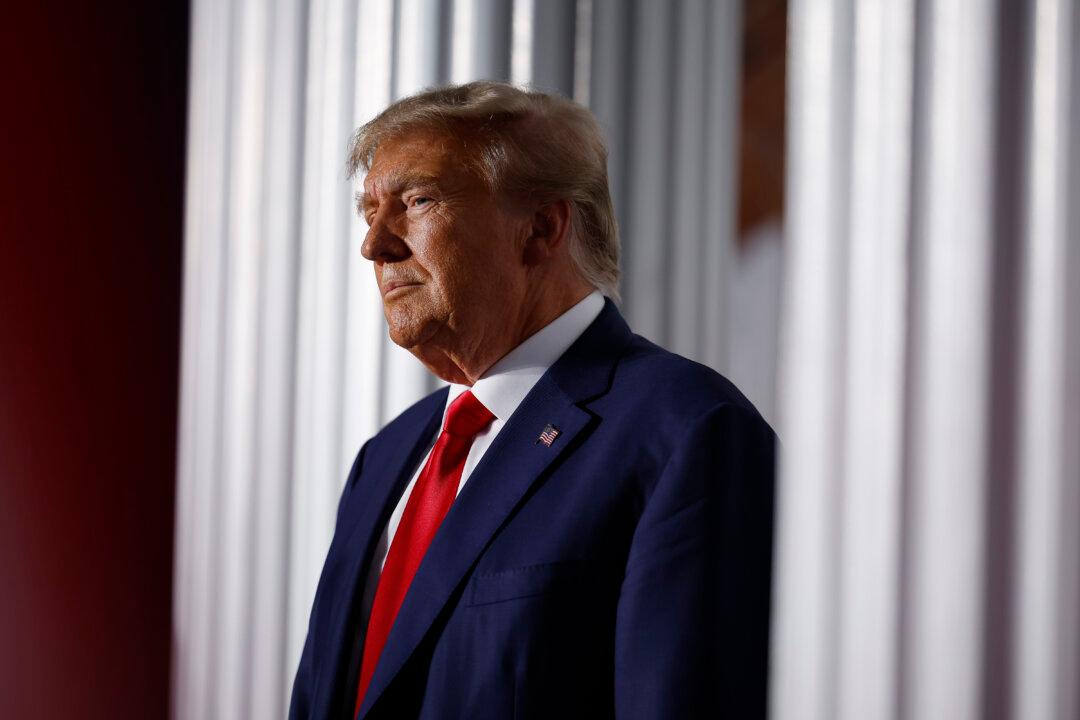Former President Donald Trump and his lawyers were ordered on June 19 not to share evidence in Trump’s criminal case with any people not involved in the case.
Trump, co-defendant Waltine Nauta, and their attorneys must not disclose the discovery materials to the public or news media, nor post them on any “news or social media platform,” without the consent of the U.S. government or approval of the court, U.S. Magistrate Judge Bruce Reinhart said in the order.





